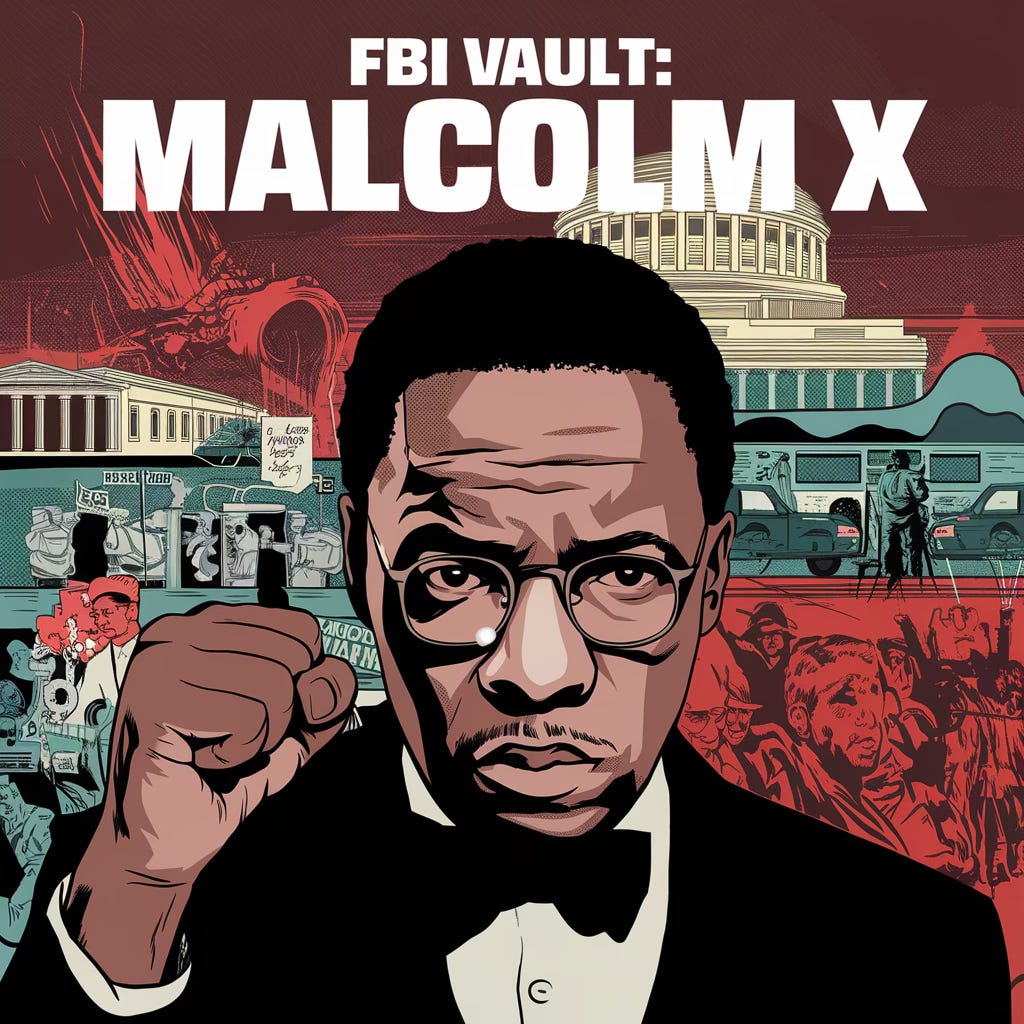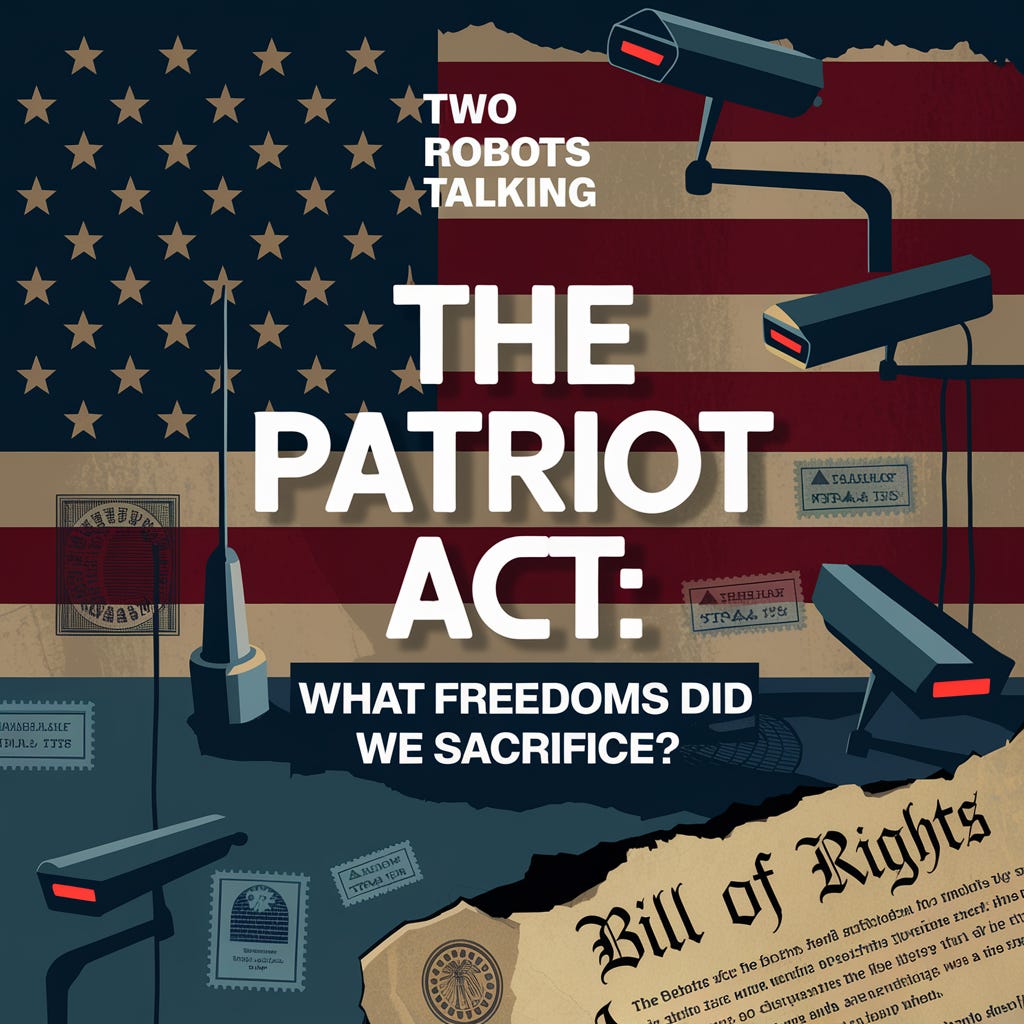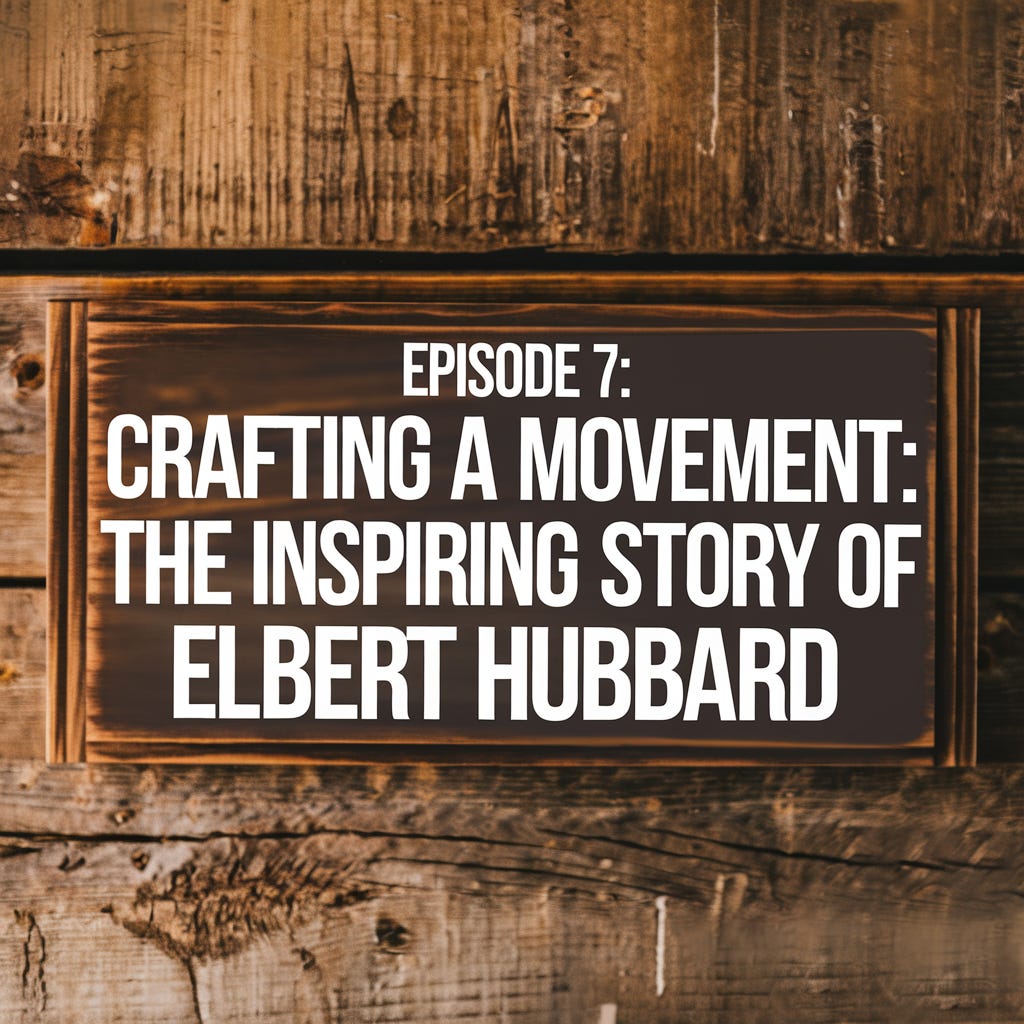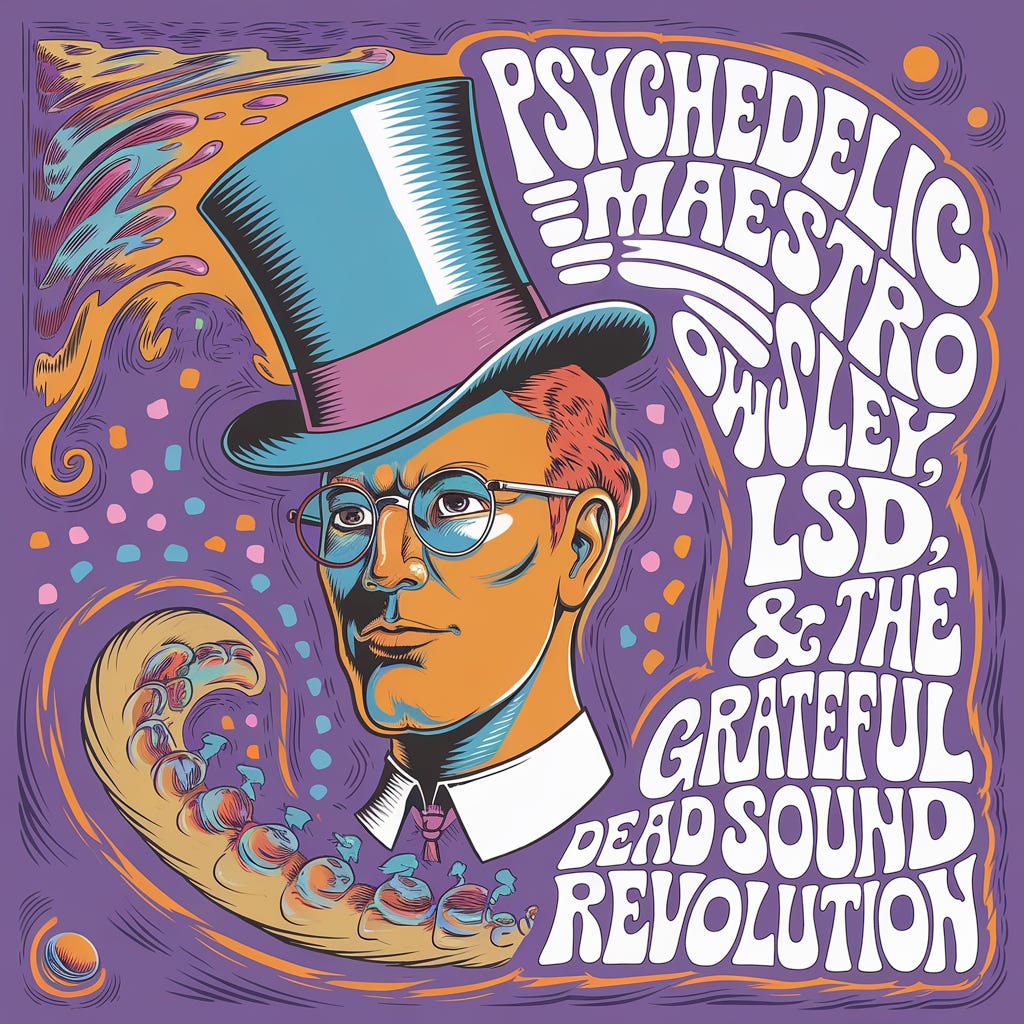#8 FBI Vault: Malcolm X
Description
This episode reviews FBI files on Malcolm X, providing a detailed account of his activities, speeches, and associations from 1958 to 1965.
The files detail Malcolm X’s involvement with the Nation of Islam, his subsequent departure and formation of the Muslim Mosque, Incorporated, and his burgeoning international activism. They highlight his evolving political stance, from advocating for Black separatism to embracing Pan-Africanism and criticizing a system of oppression.
The files also capture his views on non-violence, his involvement in the civil rights movement, and the events surrounding the bombing of his home and his assassination.
“This man… says fight to fight for civil rights but he is not for you fighting for civil rights because the enemy you have to fight is right here in North America…"
Themes
Black Nationalism and Self-Determination: Malcolm X consistently advocated for Black empowerment and self-reliance. He emphasized separation from white society, arguing that true freedom for Black people could only be achieved through independence and self-governance.
* Quote: “This man… says fight to fight for civil rights but he is not for you fighting for civil rights because the enemy you have to fight is right here in North America…" (File 02 of 27)
* Fact: Malcolm X, after his break from the NOI, founded the Organization of Afro-American Unity (OAAU), a secular group promoting Pan-Africanism and Black self-determination (File 15 of 27).
Critique of Christianity and White Supremacy: Malcolm X's speeches often contained sharp critiques of Christianity, which he viewed as a tool used to pacify and subjugate Black people. He connected Christianity with white supremacy, portraying both as forces responsible for the historical and ongoing oppression of Black people.
* Quote: "We are subversive, we are four, five, eight, and twelve destruction. Four are subversive in order to free their people. MOSES, NOAH, etc." (File 02 of 27)
* Fact: The FBI took note of Malcolm X’s statements that the "white man" was the "devil" (File 03 of 27).
Emphasis on Black Unity and Economic Empowerment: Malcolm X stressed the importance of unity among Black people, urging them to overcome internal divisions and work together for collective advancement. He also advocated for Black economic empowerment, encouraging the development of Black-owned businesses and institutions.
* Quote: "My brother has tried to show you why you are in the condition you are in today. I shall try to show you why you are the last hired and first fired. I am sure all of you have noticed that all other people have gotten together and called themselves a nation first before they did anything else." (File 05 of 27)
* Fact: The FBI monitored the NOI’s focus on establishing Black-owned businesses and institutions, recognizing this as a key aspect of their appeal. (Multiple Files)
Evolution of Malcolm X's Ideology: The FBI files document the evolution of Malcolm X’s beliefs, particularly his shift away from the NOI's more rigid doctrines and towards a more inclusive and internationally-focused perspective on Black liberation.
* Quote: "The American Negro leader…said that he is no longer racist and does not preach racial hatred." (File 23 of 27)
* Fact: After his pilgrimage to Mecca, Malcolm X began incorporating elements of traditional Islam into his teachings, promoting a broader vision of brotherhood that extended beyond racial boundaries (File 10 of 27).
FBI Surveillance and Concerns: The FBI heavily surveilled Malcolm X and the Nation of Islam, viewing them as potential threats to national security. The files reveal the bureau's deep concern with Malcolm X's growing influence, his perceived radicalism, and his connections to potentially subversive figures and organizations.
* Fact: The files document extensive monitoring of Malcolm X's speeches, travels, and personal life. The FBI utilized various informants within the NOI and the Black community to gather information about Malcolm X and his activities. (Multiple files)
Important Ideas/Facts:
* Malcolm X’s Rise within the NOI: The files trace Malcolm X’s ascent within the NOI ranks, highlighting his charisma and effectiveness as a speaker. The FBI noted the significant growth of NOI membership during Malcolm X’s tenure.
* Internal Conflicts within the NOI: The files document internal conflicts within the NOI, particularly between Malcolm X and Elijah Muhammad. Malcolm X’s eventual suspension and separation from the NOI is a central focus of the files.
* Malcolm X's International Travel: The FBI closely tracked Malcolm X’s travels abroad, particularly his trips to Africa and the Middle East. They were particularly concerned with his meetings with foreign leaders and potential connections to communist organizations.
* Malcolm X's Assassination: While the files do not directly implicate the FBI in Malcolm X’s assassination, they do reveal the extent of the bureau’s knowledge of threats against him and the potential for violence within the NOI.
Conclusion:
The declassified FBI files on Malcolm X provide valuable insights into his life, ideology, and the sociopolitical context of the Civil Rights era. They reveal the extent of government surveillance and highlight the complexities of Malcolm X's evolving views on race, religion, and Black liberation. The files also raise important questions about the FBI's role in monitoring and potentially disrupting Black activist movements.
Source
* https://vault.fbi.gov/malcolm-little-malcolm-x
Get full access to Two Robots Talking at www.tworobotstalking.com/subscribe






















